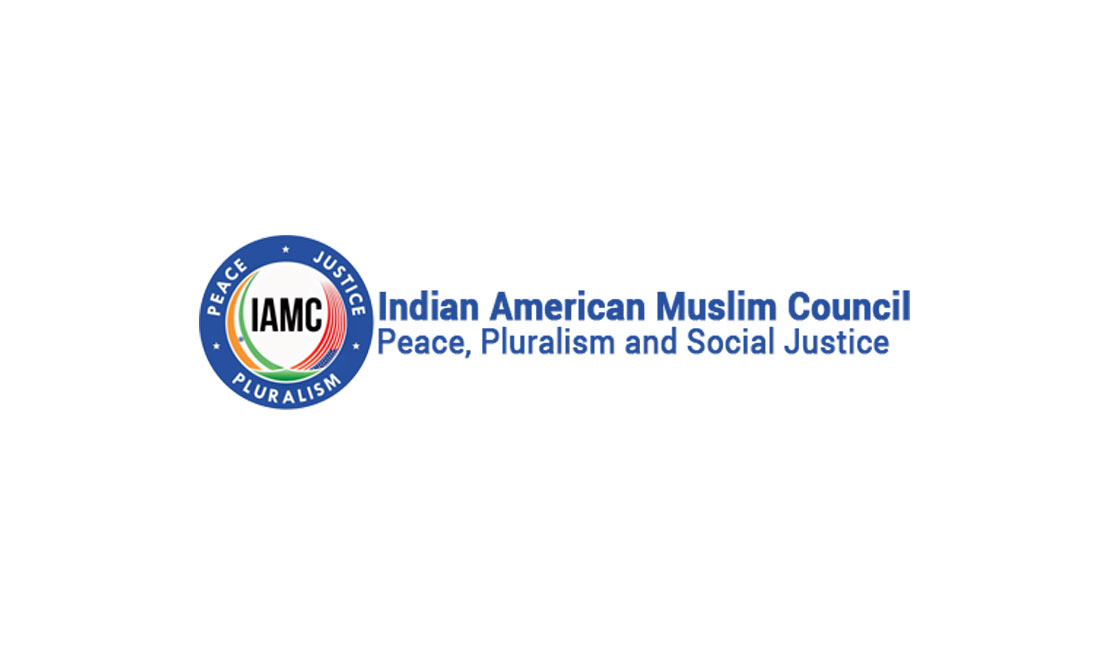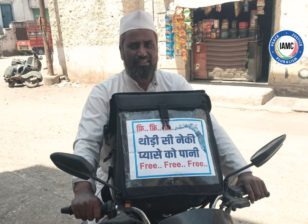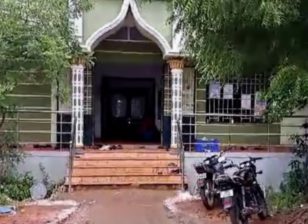Baatein Aman Ki: Here’s Why Over 100 Women are Traveling Across India to Spread the Message of Peace
Last month, five minibusses, with twenty-five women in each of them, started their journeys from five different states of India – Kashmir, Kerala, Tamil Nadu, Assam, and Uttar Pradesh.
These 5 different groups of women yatris (travelers) are now traveling through a labyrinth of towns, cities, and villages — holding over 500 programs in almost 200 places, in collaboration with local women’s and citizen groups – to start a conversation about peace. They are all part of a women-led campaign for peace called Baatein Aman Ki which is increasingly gaining momentum in India.
Baatein Aman Ki, spearheaded by Shabnam Hashmi of Anhad, Annie Raja of National Federation of Indian Women (NFIW) and Leena Dabiru of India Inclusive is not only an effort to start peace conversations but also to safeguard the constitutional values.
Talking about the campaign, Shabnam Hashmi, who is also one of the national coordinator of Bateein Aman Ki said, “About three months ago, perturbed by the kind of violence one was witnessing all around, perturbed by the hatred — the lynching, attack on Dalits, or gang rapes — combined with the judges coming out and appealing to the people of India to safeguard democracy … We were just thinking of how to respond to it all.”
“Frankly, I visualized these murmurings of hatred across India, and I thought can we subvert it somehow? Instead of these murmuring can we have people talking about peace? That’s when I thought, let’s travel, let’s reach out to people as women especially about the atmosphere of fear … I felt very strongly that women must respond to that,” added Hashmi.
Following the initial planning, Leena Dabiru chalked out the roadmaps of the travels to the very last detail, while Annie Raja along with Hashmi held meetings. Several social groups were sensitized about the campaign, and many girls and women from different parts of India joined in. They are from diverse backgrounds — some are Dalits, others tribals — there are also few who have never traveled beyond their home states, but they all came together to support the campaign.
For the past month, most days, they spend a considerable amount of time traveling in their minibusses, but these long travels are never boring. Sometimes they turn into impromptu dance sessions, and at others, conversations fill those travel hours. Hashmi confessed that some of the girls who were shy and introvert at the beginning of the journey have now started to talk up and mingle with everyone. When they reach a town or a city which is their designated stop on the way, they have several events and activities planned out with local NGOs and citizen groups. They dance, sing, perform and through different interactive ways, appeal to people to join them in their mission to spread peace. Their stay is generally organized by local groups. The next day they again hit the road.
While Hashmi knew that this campaign was bound to have an impact, she didn’t expect the overwhelming response they had been getting. “The campaign has got a very good response. In every place people picked up the idea, they were happy to host. Immediately follow-up meetings were done, coordination committees were formed, which then did a lot of meeting,” said Hashmi. While the national media is yet to talk about this campaign, Hashmi is very happy with the coverage they have received from the regional media.
One of the most successful chapters of Bateein Aman Ki campaign so far has been Mumbai. On 2 October 2018, the minibus that started out from Kerala reached Mumbai. And, for the entire day, several events took place which saw enthusiastic participation from the public.
The first event was a peace march for which almost 700 people showed up and marched from Grant Road station to Mani Bhavan. In the evening, during an event organized at Sophia Bhabha Auditorium, film actresses Nandita Das as well as Shabana Azmi came and spoke in support of the campaign.
“I have only come to add my voice to the campaign, but all the hard work is being done by the yatris. We are just coming here and saying that we are here in solidarity, ” said Nandita Das during the event which was called Jashan-E-Aman.
“In today’s time, the most dangerous thing is silence. To break this silence, we have all gathered here… to break this silence, Shabnam and her fellow yatris have come from various cities and states of the country. They have come to shake people a little and tell them that the most dangerous thing is this culture of silence, if we all speak, we will not be in danger. This environment of fear will only change when we raise our voices together, because it may be scary to move forward alone,” added Das.
When Shabana Azmi took the stage that evening, she said, ” What has to be kept in mind is when people are being repressed, that repression only works to a certain extent, after that there is an overflow, a storm comes, and people will raise voice against injustice.”
Azmi added that what common man essentially wants is peace.They are too busy in their mundane everyday existence to spread hatred. She concluded her speech very ceremoniously with a melody whose lyrics were written by Indo-Pakistani poet, Faiz Ahmed Faiz. The packed audience fell silent as she sang Faiz’s words which resonate strongly with all the things that Baateein Aman Ki campaign has come to represent. She sang
Bol, ke lab azaad hai tere,
Bol, zabaan ab tak teri hai,
Tera sutwan jism hai tera –
Bol, ke jaan ab tak teri hai.
One of the Mumbai coordinator of the campaign, Brinelle D’souza, who also teaches at TISS (Tata Institute of Social Sciences) pointed out that the reason Baatein Aman ki is a women-led movement is because they have the highest stake in every conflict.
“Any conflict or hate impacts women the most so it is important for women to come out and say that we want peace and non-violence. We want to uphold the constitution, and we want justice.”
D’souza said that women must be engaged across the political and social spectrum. “As women with agency, and as active citizens of India, we want to reclaim the larger socio-political space. We want secularism, democracy, and constitutional rights; we want initiatives and conversations about peace because today people are so afraid to speak. You are either seen as anti-national, or you are seen as dissenting if you speak out.” she added.
Link: https://www.news18.com/news/buzz/over-a-hundred-women-in-india-are-travelling-from-kashmir-to-kerala-with-a-mission-peace-1897825.html




